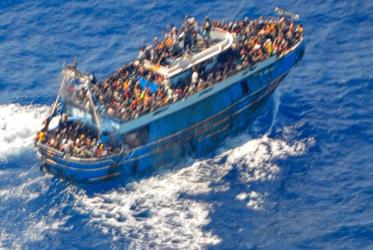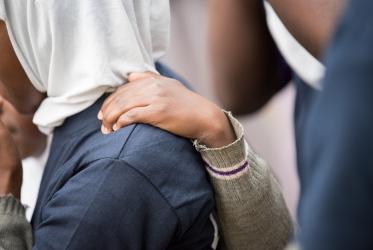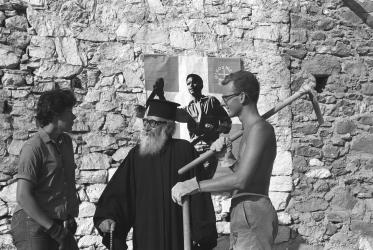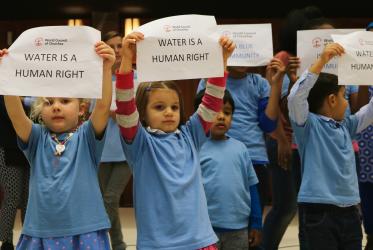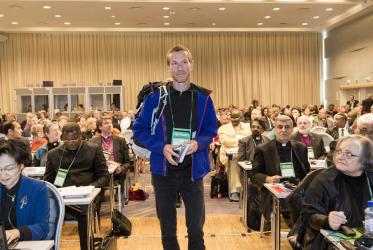Displaying 1 - 20 of 33
Scottish and UK religious leaders call for urgent climate action
20 September 2021
Rethinking Ecological Relationships in the Anthropocene era
11 - 13 February 2021
Plans for 11th WCC Assembly build excitement across the globe
18 February 2020
Fr Alexi - a peacemaker in Syria
21 December 2018
WCC moderator speaks at Justice Conference in Norway
09 November 2018
#WCC70: Remembrances of an ecumenical workcamper
20 September 2018
Assisi: On the ecumenical pilgrimage into a more sustainable future
03 September 2018
In Escalade race, “Pilgrims” find meaning running
04 December 2017
“What can we contribute as a worldwide fellowship?”
06 March 2017
